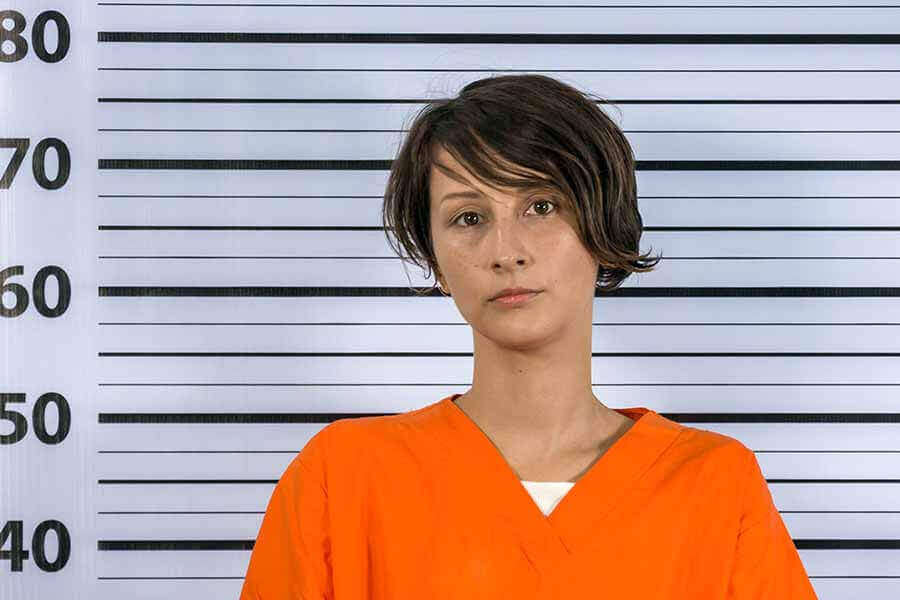
Copy certification requests should be approached with caution. Some states permit them for certain documents, and others don't. One of the most unusual questions the NNA Hotline Team has received is: Can a Notary certify a copy of a customer's mugshot?
The answer is a bit complicated because it depends on the situation. Being asked to certify a copy of a photo or image is a fairly common request. However, a mugshot isn't a typical photograph, so you must first check your state's laws regarding copy certification.
Certifying documents
For starters, a typical copy certification, which is allowed by law in about half of all U.S. states, assumes you are certifying a copy of a document. For example, a diploma, a contract, medical records, and bills of sale are generally considered documents.
Some states have other restrictions. California only permits Notaries to certify copies of powers of attorney, or their own Notary journal entries if ordered by the Secretary of State or a court. Florida prohibits certifying copies of public records and vital records. Texas prohibits copy certification of any document that may be recorded with a government agency. In Ohio, online Notaries may certify copies made from their online Notary electronic journal.
The Notary laws in many states say that only documents can be copy-certified. So, if you live in one of these states, you would not be allowed to perform a copy certification on a mugshot.
Certifying other objects
Of the states that allow Notaries to perform copy certifications, a number have enacted the Uniform Law on Notarial Acts (ULONA) or Revised Uniform Law on Notarial Acts (RULONA), which permit Notaries to copy certify “objects” other than just documents.
Notary laws in New Hampshire, for example, state that Notaries are permitted to certify a copy of a “document or other item” as long as the copy is a “full, true and accurate” reproduction. However, vital records are prohibited from being copy certified.
According to RULONA, “when certifying or attesting a copy of a record or item, a notarial officer certifies that: (1) the officer has compared the copy with the original record or item, and (2) has determined that the copy is a full, true and accurate transcription of the original record or item.” The ULONA provision tracks closely to the RULONA.
The open-ended use of the word “item” can be interpreted to include a photo. Thus, the case could be made that a state that has adopted ULONA or RULONA would, in fact, allow a Notary to notarize a photo — including a mugshot.
One notable exception is New Mexico. While it has enacted the ULONA provision allowing Notaries to copy certify “a document or other item” (NMSA 14-14A-4.D), it also has another provision that prohibits Notaries from certifying or authenticating a photograph (NMSA 14-14A-24.F[2]). Vital records, too, such as a birth certificate, may not be copy certified by a Notary.
Montana officials have informed the NNA that Montana's Notary law, 1-5-603(11)(c), MCA allows a Notary to certify a photograph if the Notary can verify, "from personal knowledge or satisfacyory evidence that the photograph is an accurate representation of the individual or item represented."
To notarize or not
To decide if you can certify a copy of the mugshot — or any photo — follow these simple steps:
- Check your state Notary guidelines. If they permit you to certify copies of photos or “items,” then proceed.
- Ask yourself if you can determine that the copy of the mugshot is a “full, true and accurate reproduction” of the original item.
- Follow your state’s procedures for certifying copies.
If you have questions, our expertly trained NNA Hotline consultants can help. Call 1-888-876-0827, Monday through Friday, 6 a.m. to 6:30 p.m. PST; Saturday, 5 a.m. to 5 p.m. PST.
Related Articles:
Handling certified copies of vital records and other unusual requests
What Notaries need to know about copy certification